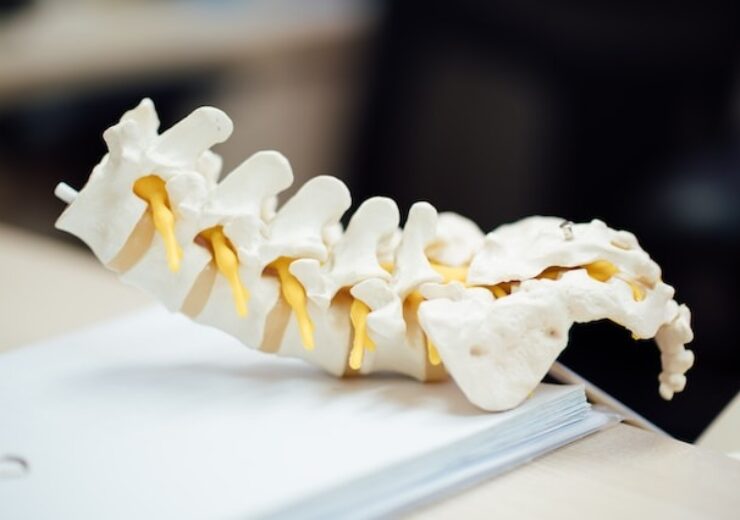In addition to the FDA approval of Prospera spinal cord stimulation (SCS) system, the company has launched Biotronik Neuro, its new business segment that aims to improve patient care while reducing the burden on clinicians, caregivers and patients

Prospera is a spinal cord stimulation system. (Credit: CHUTTERSNAP on Unsplash)
Germany-based medical device company Biotronik has received the US Food and Drug Administration (FDA) approval for its spinal cord stimulation (SCS) system, Prospera.
The SCS system features RESONANCE, a multiphase stimulation paradigm and Embrace One patient-centric care model.
Embrace One is a support platform that offers automatic, objective, daily remote monitoring and ongoing support to help manage a patient’s spinal cord stimulation experience.
In addition, the company has announced the launch of Biotronik Neuro, its new business segment that aims to improve patient care while supporting clinicians, caregivers, and patients.
Biotronik Neuro president Todd Langevin said: “Biotronik pioneered the ability to monitor patients remotely in cardiac rhythm management, enabling early detection and treatment of critical events.
“With the introduction of a truly proactive patient-centric care ecosystem, Biotronik Neuro has built upon this technology.
“We believe that providing patients a new level of service that identifies issues quickly and allows for the ability to intervene appropriately will have a meaningful impact on their day-to-day lives and ultimately long-term therapy success.”
According to the company, chronic intractable pain is a severe, constant, and debilitating pain that is not curable and cannot be relieved by ordinary medical or pharmaceutical measures.
SCS therapy can provide relief to patients suffering from chronic intractable pain by stimulating the spinal cord with low levels of electricity.
Patients receiving SCS need periodic adjustments and ongoing compliance to maintain their therapy optimised for adequate treatment.
The company said that present technologies lack optimised therapy and involve long waiting periods, which may lead to rapid return of pain, decreased quality of life and therapy abandonment.
BENEFIT-03, a multi-centre, single-arm study ongoing in Australia, is evaluating the Prospera system to treat chronic intractable pain of the trunk and limbs.
The study results are expected to provide important insights related to the impact of remote patient management and proactive care on optimising the SCS therapy, said the medical device maker.
BENEFIT-03 Study principal investigator Marc Russo said: “Biotronik’s remote technologies are moving the industry forward. Allowing patient devices to be automatically monitored and remotely programmed seven days a week will redefine therapy in the SCS space.
“In the coming years, I anticipate a shift in the industry toward increased use of these technologies following the path Biotronik has set, which will provide real benefits to patients and the clinical community.”
